Types of Reconstruction for Complex Hand Injuries
There are four approaches used by our specialist plastic surgeons to restore hand function, they include:
Repair – Identifying and repairing injured structures to restore hand function. When primary repair is not possible, other techniques become necessary if and when you are appropriately prepared.
Grafting – Transferring skin, bone, nerves or other tissue from another part of your body to your injured hand.
Flap surgery – Moving the skin, along with any fat, blood vessels and muscle from a donor site to your injured hand.
Replantation or transplantation – Microsurgery to restore amputated hands or fingers or to transfer toes to the hand to restore lost digits (e.g. toe to thumb transfer).
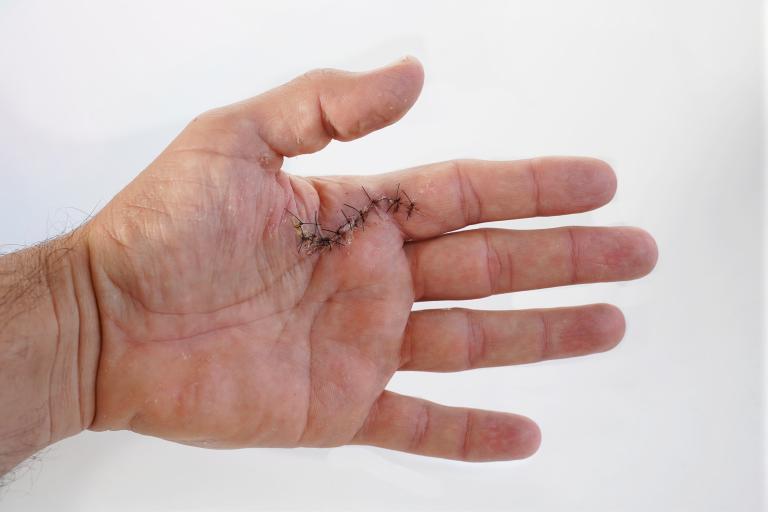
Recovery and Rehabilitation
Your dressings should always be kept dry and clean. For bathing or showering, cover your dressing with a plastic bag to stop it getting wet. If it does get wet, consult your doctor immediately.
Elevation
You can reduce pain and swelling by raising your hand/arm above heart level for the first three to five days, or until pain subsides. You may be given a sling to make it easier to elevate.
Continue to move all surrounding joints to prevent stiffness.
Medication
Always commence your pain medication as soon as you arrive home and always take it with food to minimise nausea. If you experience severe pain contact your surgeon or doctor immediately.
Hand Therapy
Your RPS team will refer you to a specialist Hand Therapist as needed to ensure that you get timely splinting, management of swelling and advice on hand exercises to maximise healing and return of function.
